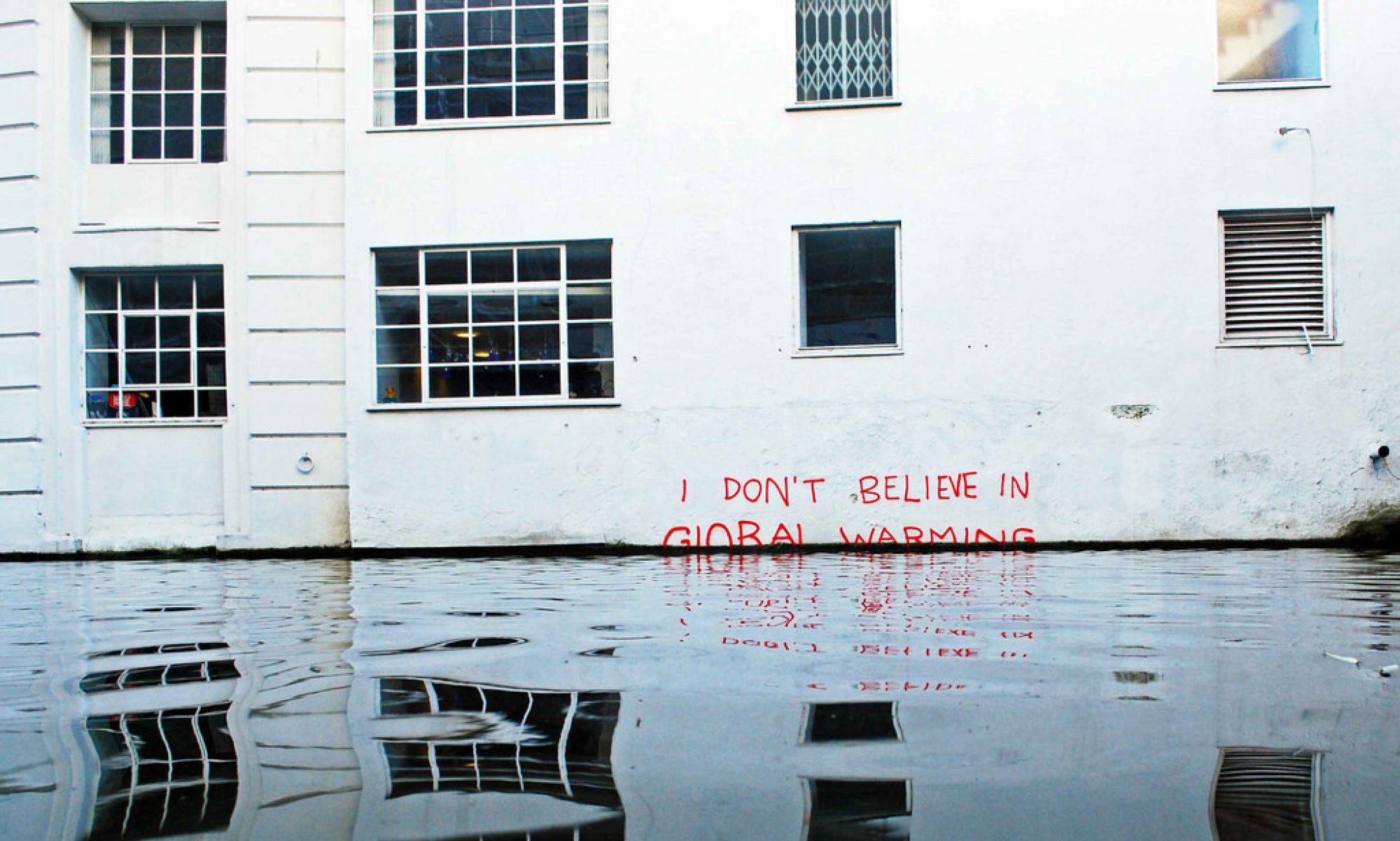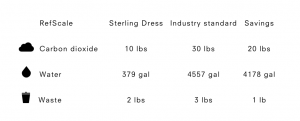Most products and services that we consumers choose to purchase, come with some sort of appealing generic green label such as “organic”, “biodegradable” and “no added fats”, that allow the consumer to take no time at all to evaluate the purchase. Up to now this has been a something, looked at skeptically by skeptics and optimistically by optimists, but what about Eco-tourism? Is Eco-tourism also just a generic green label put on a service to make the decision to choose that service just one bit easier for the consumer?
Eco-tourism is roughly defined as the responsible travel to natural areas, that conserves the environment, sustains the livelihoods of local people and promotes interpretation and education of one’s surroundings. Essentially, Eco-tourism is suppose to be something that benefits all and has no negative effect on anyone or anything. When looking at the bigger picture however, many more unsustainable factors tie into the ecotourism process on a whole.
How do tourists reach the natural area with conserving the environment? Unless the area is in your back yard, you would have to drive, bus or fly to that place, which certainly doesn’t play off well on the environment.
How many tourists ACTUALLY go about every decision in order to follow the best behaviour and practice to conserve nature? climbing on tree’s, rock’s, breaking plants and littering are all unconscious but often occurring problems in Eco-tourism. No one can monitor who is playing by the rules, and and everyone believes they are.
Eco-tourism may not be inherently bad, but the more people decide that the environmentally conscious lifestyle is one they want to live, the more they become dependent on it. The more consumers want something, the more it gets used to the extent of no return.
When does the benefit of education outweigh the impacts that it has on the things we are educating about? In a way, Zoos, Aquariums and Botanical Gardens, promote the ideas of Eco-tourism but in an enclosed and monitored manner. What if our wildlife and natural areas that are so intriguing to Eco-tourists, soon become enclosed and controlled and monitored due to excessive consumer desire and difficulties in regulation.
Eco-tourism has good intentions, but ultimately there will always be a line that is crossed that takes away the labels credibility.




